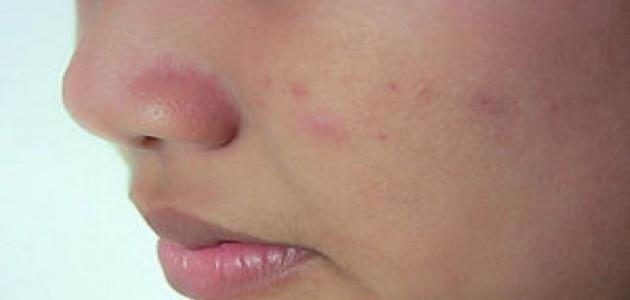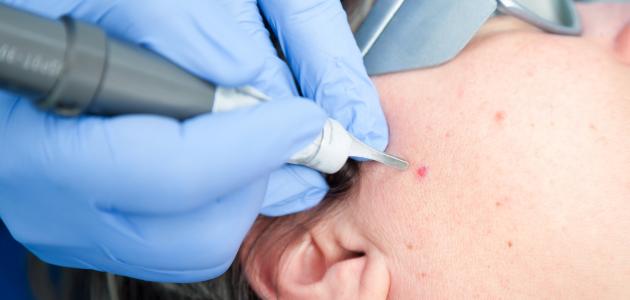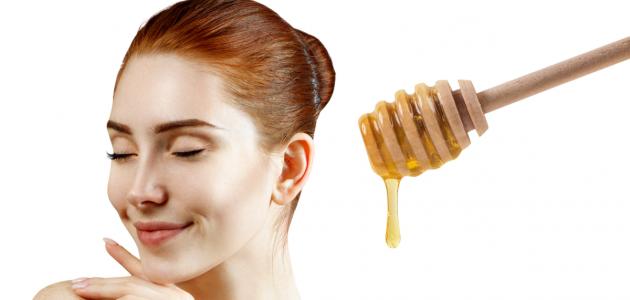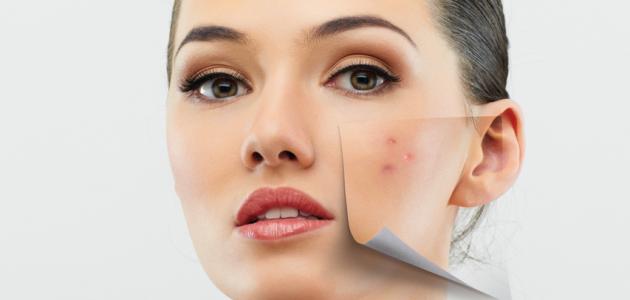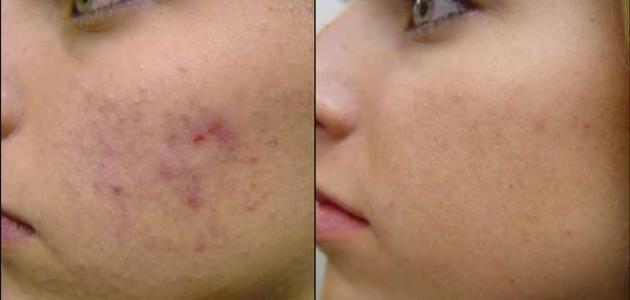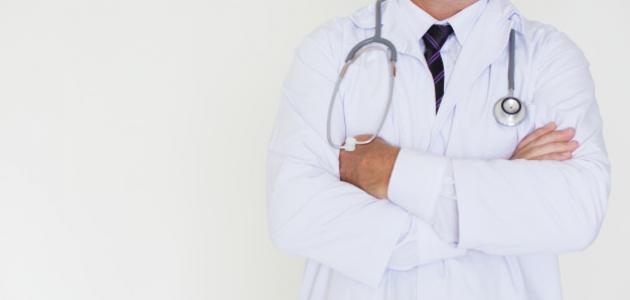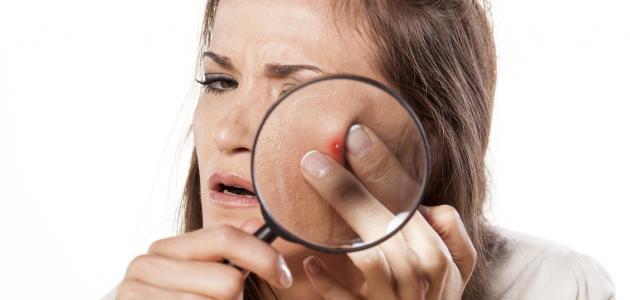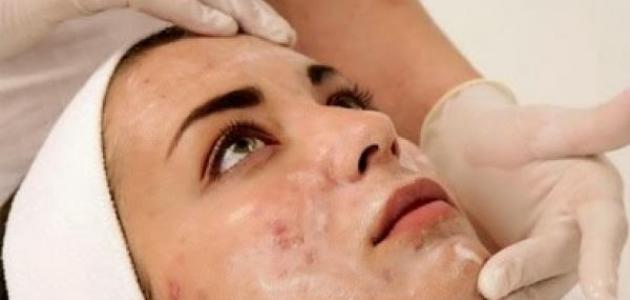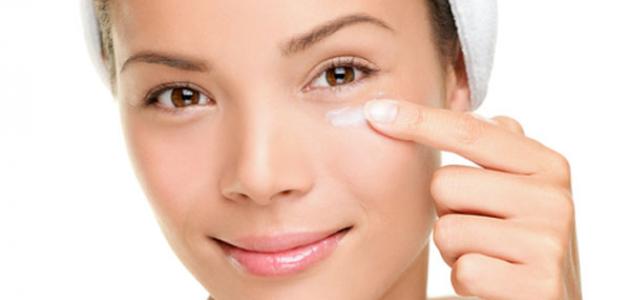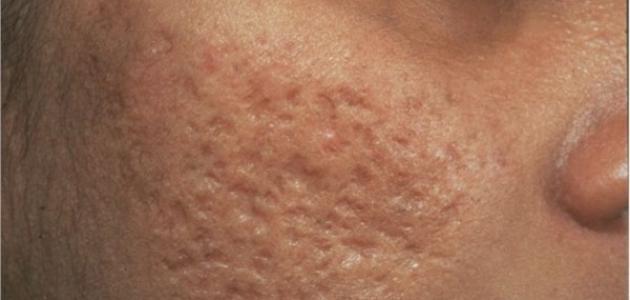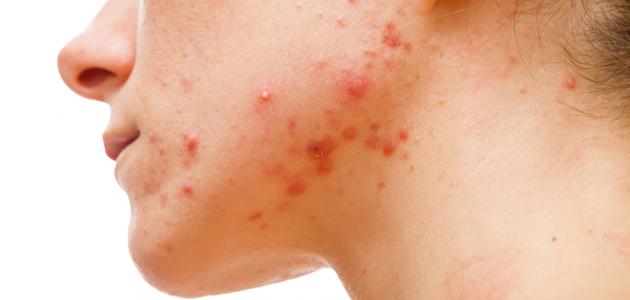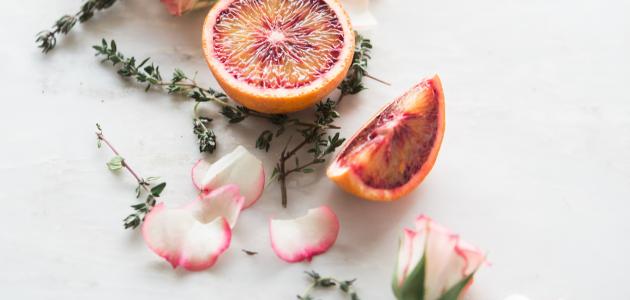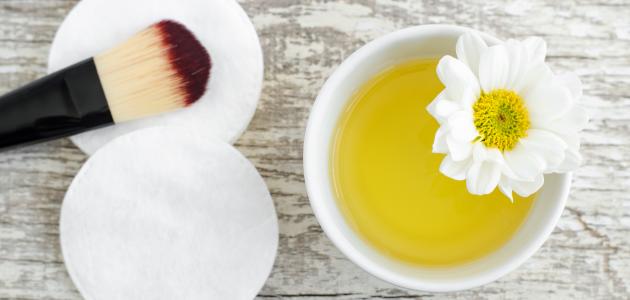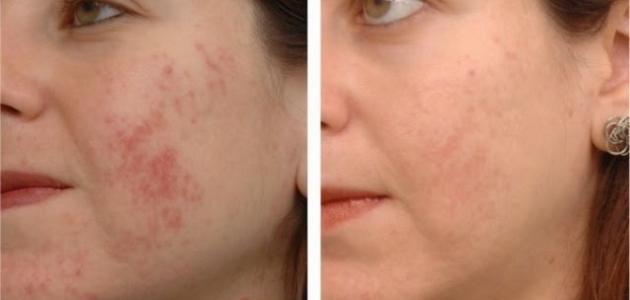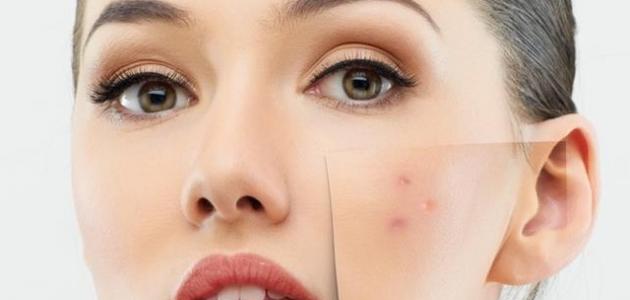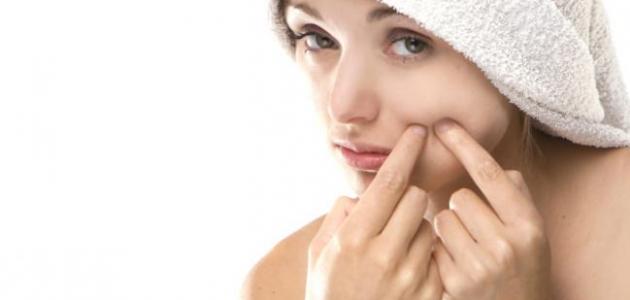Contents
Home remedies
Apple cider vinegar
Apple cider vinegar contains many organic acids that have proven effective in eliminating acne, and it has been shown that succinic acid has a high effectiveness in suppressing inflammation caused by acne, which may prevent the formation of scars, or improve their appearance, as well as help dry up excess oils. Basically causing acne. [1]
How to use:
Apple cider vinegar is used by the following: [1]
- Mix one part of apple cider vinegar and three parts of water, and in case the skin is sensitive, it is recommended to use more water.
- Apply the mixture gently on the skin with a cotton swab, after cleaning it.
- Leave the mixture for 5-20 seconds, then rinse it with water and pat it dry.
- Repeat this process from once to twice daily, as needed.
- Applying apple cider vinegar can cause skin burns and irritation, so it should always be used in small quantities and diluted with water.
Honey and cinnamon mask
Studies have found that placing antioxidants on the skin is effective in reducing acne , and these substances may have similar effects to other antioxidants, such as: vitamin B3, omega-6, fatty acids, and sodium phosphate, and honey and cinnamon are a rich source of antioxidants, in addition to Due to their ability to fight bacteria and reduce inflammation, and while the properties of cinnamon and honey may benefit acne-affected skin, there are no studies that prove this true. [1]
How to use:
To make a honey and cinnamon mask, follow the following steps: [1]
- Mix two tablespoons of honey with a teaspoon of cinnamon, until a paste is obtained.
- Put the mask on the face after cleaning it, and leave it for 10-15 minutes.
- Wash the face thoroughly, and pat it dry.
pharmaceutical
Acne can be treated by using medications, including: [2]
- Benzoyl peroxide: It is used without a prescription or by prescription and works by targeting the surface bacteria that exacerbate acne , and its common side effects include irritation or dryness.
- Retinoids: A derivative of vitamin A, it treats black and white heads, which are the first damages to acne, and irritation is one of its most common side effects.
- Antibiotics: These include the types that are placed on the skin, or that are taken orally, as the antibiotics control surface bacteria, reduce skin inflammation, and are most effective when they are combined with either benzoyl peroxide or retinoids.
- Hormone therapy: hormone therapy is beneficial for some women with acne , especially those who suffer from irregular menstruation, or weakness in hair, due to an increase in the male hormone, and this treatment is by taking a low dose of estrogen and progesterone (birth control pills), or Anti-androgenic drugs.
Procedures for treating acne
Drying and excising
The doctor dries the cystic lumps that form under the skin, and removes the dirt, fluid, dead skin, and pus from inside these lumps, to reduce infection and pain, then the doctor injects antibiotics or steroid into the cyst; To speed up healing and reduce the possibility of scar formation. [3]
Laser therapy
Laser light helps reduce the amount of bacteria that cause acne on the skin, so laser treatment improves acne infection. [3]
Crystal peeling
Microdermabrasion (chemical crystal surface peeling) is usually applied in order to improve the appearance of scars and the effects of acne, and to rejuvenate the skin. These cosmetic procedures can be more effective when used in conjunction with other acne treatments. Skin diseases Special chemical exfoliators not available in pharmacies. [4]
References
- ^ A b t w Kayla 's McDonell (3-2-2017), "13Powerful Menu Home Remedies For Acne" , Www.healthline.com , Retrieved 17-12-2017. Edited.
- ↑ "Skin Conditions and Acne" , www.webmd.com , Retrieved 17-12-2017. Edited.
- ^ A b Erica Roth (2-12-2016), "Acne Treatment: Types, Side Effects, And More" , Www.healthline.com , Retrieved 17-12-2017. Edited.
- ↑ Daniel Murrell (28-6-2017), “Acne: How to treat it” , www.medicalnewstoday.com , Retrieved December 17, 2017 . Edited.
